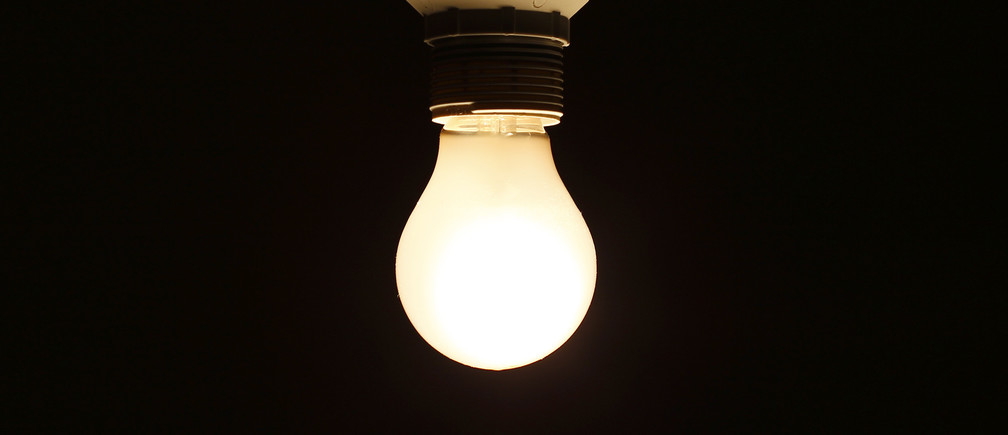Achieving universal access to electricity is essential for solving many global development challenges Explore the latest strategic trends, research and analysis Achieving universal access to electricity is essential for solving many global development challenges. Decentralized renewable energy technologies have emerged as a viable solution. Small, clean energy utilities called mini-grids are a key piece of the puzzle. They are community-based grids that generate and distribute power at the point of consumption. And they could be the most cost-effective way to deliver access to more than a third of the 1.1 billion people across the world who still lack any electricity supply, according to new analysis by the International Energy Agency (IEA). Yet mini-grids are still largely an afterthought for many governments and their financial backers in Africa and Asia.
Evidence strongly suggests that this mindset must change if the world is to achieve Sustainable Development Goal (SDG) 7 – access to modern, affordable, clean and reliable energy for all by 2030. New IEA geospatial analysis, in an “Energy for All” scenario, shows that to provide universal electricity access to 1.3 billion people by 2030 (a number that includes projected population growth), mini-grids would be the cheapest technology for connecting 450 million people, two-thirds of whom live in sub-Saharan Africa. However, current policies and investments would still leave more than 670 million people globally without access to electricity in 2030. Eighty per cent of these people live in rural areas of sub-Saharan Africa, severely limiting development prospects. Mini-grids are particularly well-suited for closing this gap, especially in remote areas underserved by grid infrastructure, offering an electrification option which can be faster and more affordable than extending the main grid. Cumulative population gaining access to electricity by 2030 Moreover, mini-grids have the ability to lay the foundation for development in rural […]

